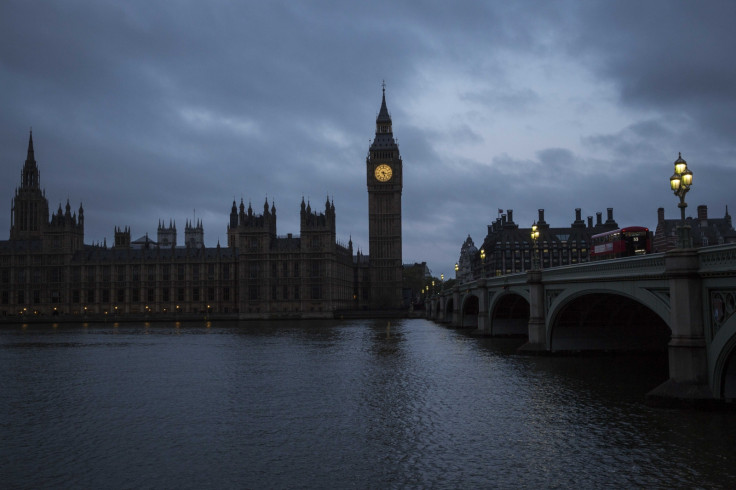Campaigners take fight against 'most intrusive surveillance regime in history' to High Court
Liberty steps up legal case against the UK government's surveillance regime.

Liberty, the UK-based campaigning group, has filed a landmark legal challenge against the British government's mass surveillance regime, putting into motion a judicial review of the Investigatory Powers Act less than three months after it came into law.
The legislation, which is often mocked as a 'Snooper's Charter' by critics, was granted royal assent last November and gives UK police and intelligence agencies enhanced powers to conduct surveillance and spy on phone calls, text messages and internet records.
"This is our first step towards getting rid of the most intrusive surveillance regime of any democracy in history," said Silkie Carlo, policy officer at Liberty, adding the action is aiming to "restrain the more authoritarian tendencies of this government."
"The powers we're fighting undermine everything that's core to our freedom and democracy – our right to protest, to express ourselves freely and to a fair trial, our free press, privacy and cybersecurity," she added.
Liberty is challenging the "bulk" surveillance powers contained in the act – essentially many of the tools and programmes exposed by NSA whistleblower Edward Snowden in 2013. The security services claim the capabilities are needed to fight terrorism.
Last December, Liberty sent a formal letter to the UK government but said it has "still not received a substantive response". Now, in a crowdfunded legal action filed this week (28 February), the group has taken its fight to the UK High Court.
As previously reported, the campaigning group previously used a platform called CrowdJustice to raise nearly £40,000 in 24 hours. That appeal followed a public petition against the spy bill that gained widespread attention and attracted over 200,000 signatures.
Liberty said it is arguing that the slew of bulk powers contained within the Investigatory Powers Bill (IPBill) breach the rights of UK citizens. These include 'thematic' hacking, which allows the authorities to access and control computers and smartphones on a massive scale.
Another controversial power being challenged, 'bulk personal datasets', permits intelligence agencies and police forces to sift through huge databases containing citizen's health records, bank account information and travel logs. These contain data on people not suspected of criminal involvement.
The Snoopers' Charter hit a major snag last December after the EU Court of Justice ruled a number of its data interception tactics were unlawful. "[The] legislation [...] exceeds the limits of what is strictly necessary and cannot be considered to be justified within a democratic society," the judges said.
Some protest in the streets, others via the internet. Liberty has chosen the courts.
© Copyright IBTimes 2025. All rights reserved.






















